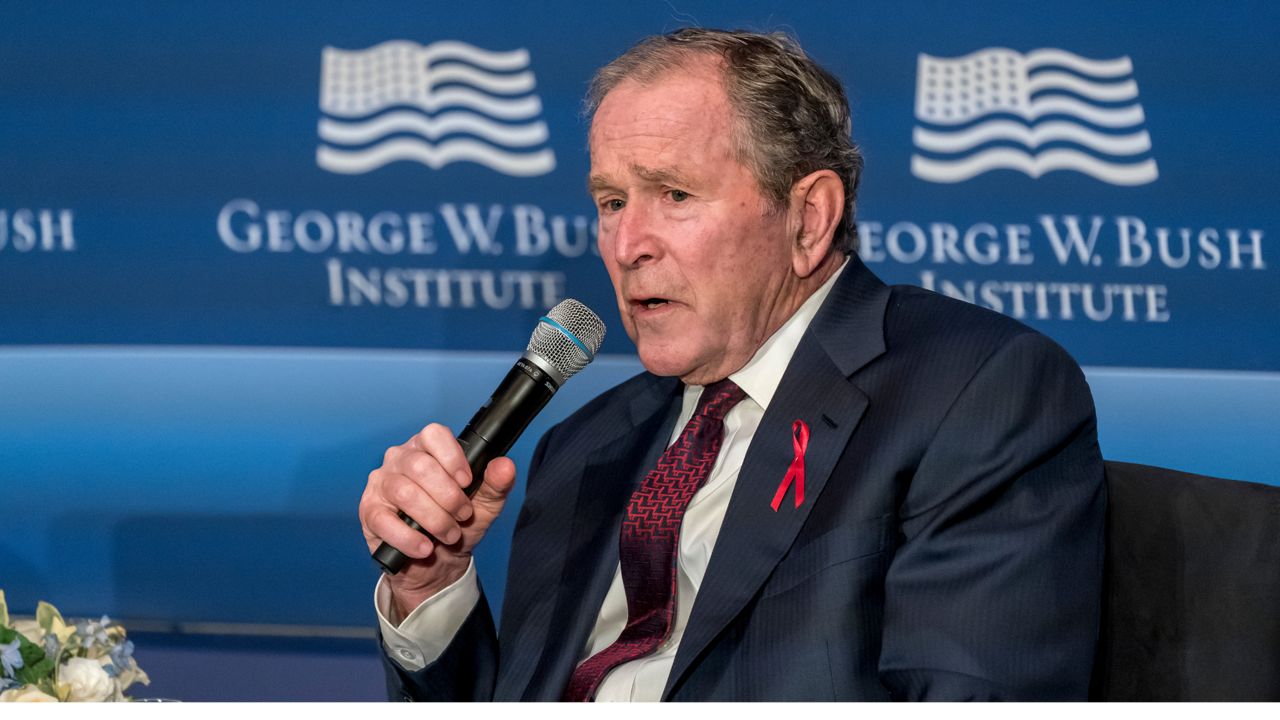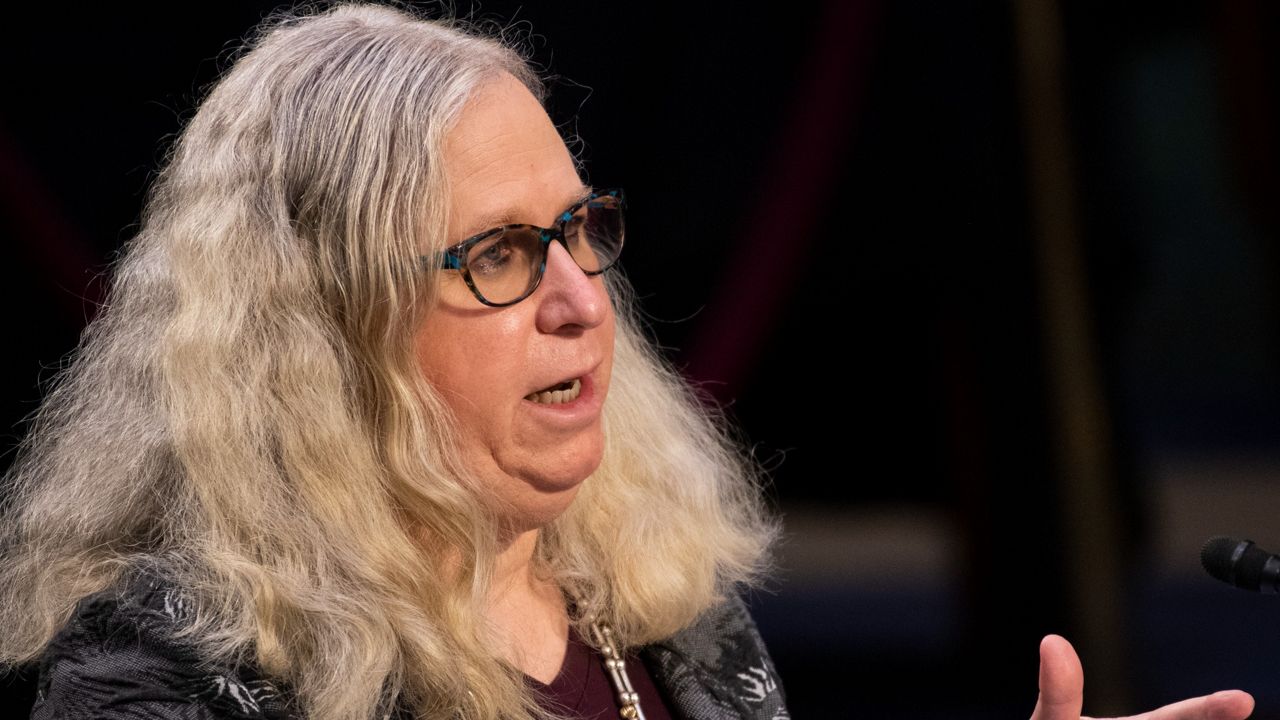WASHINGTON -- When Basel Hellal planned a trip to United States from Egypt this month with his family, he was surprised to learn he would have to pay a $25 “resort fee” for each of the three nights of his stay at a hotel.
- Add-on charges cropping up more frequently
- Fees cause frustration for travelers
- Texas lawmaker proposing to eliminate fees
He was unaccustomed to such fees and didn’t expect to see the charge at a relatively modest hotel in Manhattan.
“There are limits to my credit cards and the cash I can carry. I was calculating everything precisely,” Hellal said. “I wanted to know what I would pay. It’s better for me in terms of budgeting and planning.”
Resort fees tacked on to the advertised price of a hotel have become a source of frustration for tourists in destinations like New York and Florida, where they cover the cost of amenities and services like gym access or WiFi. But consumers are often unaware that the room rate they see quoted isn’t the total price and fees of upwards of $20 to $50 could be tacked onto their daily rate.
Major hotel chains argue that the fees are explicit during the booking process, although there are several steps before the total charge is revealed.
Dallas-area Congresswoman Eddie Bernice Johnson wrote a bill that would force hotels to include most charges in their advertised rates. It’s backed by both Democrats and Republicans.
And some Texas hotels pride themselves on already doing it.
“Our service and our culture here are really important to the guest experience,” said Bill Petrella, president of The Hotel Emma. “We have no hidden fees.”
The Hotel Emma of San Antonio says it sets itself apart -- boasts a 5-star rating -- and reels in guests from around the world with its luxury and transparency.
“Our philosophy is we don’t want to nickel and dime. We certainly are not inexpensive we are the most expensive property in town but we really feel like we are worth it,” Petralla said.
Not all hotels adopted the fees, like the San Antonio hot spot, but they are profitable when charged and go directly to hotels bottom lines.
The fees have also attracted the attention of attorneys general in 50 states and the District of Columbia, who have investigated the way the industry advertises resort fees.
So until lawmakers or lawsuits push transparency on the travel industry, make sure to read the fine print before you book.








